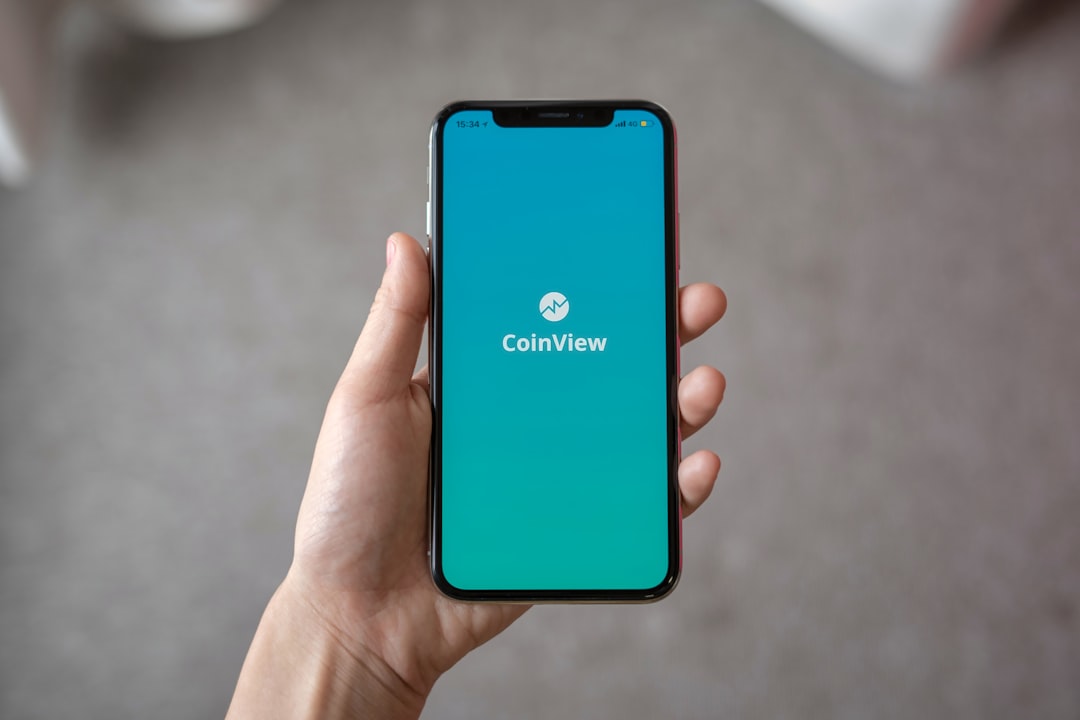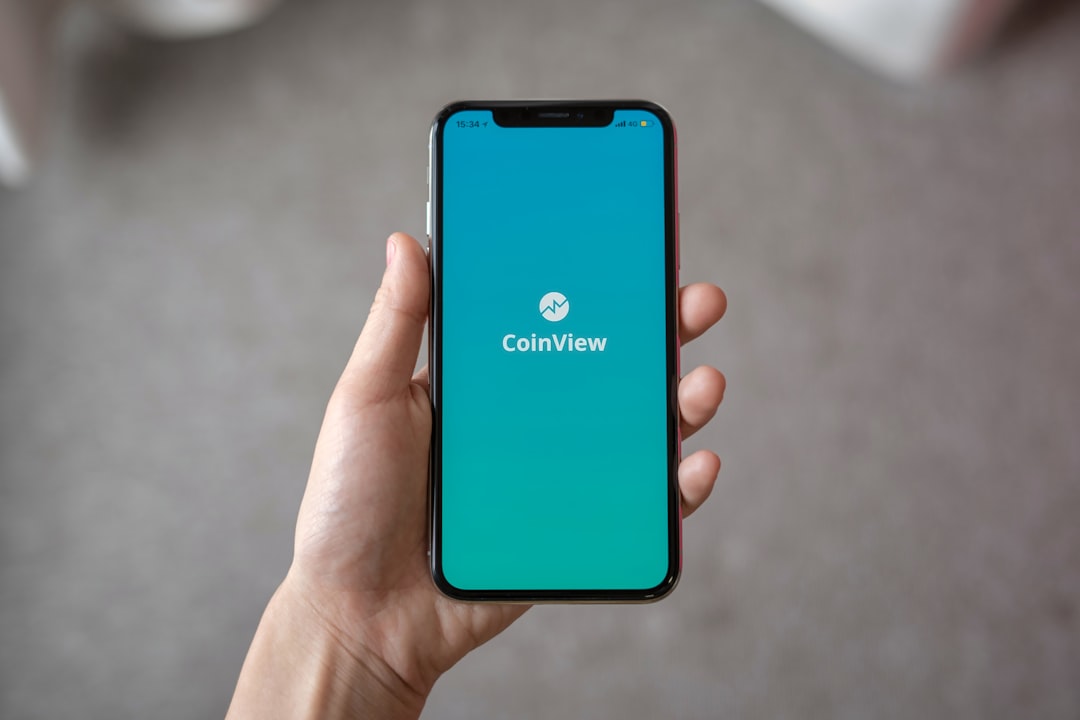Georgia's robust robocall laws, including the 2018 Telemarketing Sales Rule and Do Not Call list, empower residents to combat intrusive automated calls. By registering on the state and national lists, updating privacy settings, using call-blocking apps, and staying informed about regulations, Georgians can effectively manage and minimize robocalls, protecting their privacy in the digital age.
In Georgia, understanding and complying with robocall laws is crucial for maintaining privacy. This comprehensive guide equips you to block unwanted automated calls effectively. We delve into Georgia’s robocall regulations, offering practical tips on identifying and blocking such calls while safeguarding your personal information. Discover powerful strategies to protect your privacy and reclaim control over your communications.
Understanding Robocall Laws in Georgia

Georgia has specific laws in place to combat robocalls, providing residents with certain rights and protections. The Telephone Consumer Protection Act (TCPA) is a federal law that regulates automated calls, but Georgia has its own state-level regulations that complement these federal rules. In 2018, Georgia passed the Telemarketing Sales Rule, which further restricts how telemarketers and robocallers can contact residents.
These laws allow Georgians to take action against unwanted robocalls by registering their phone numbers on the Do Not Call list, which is a state-run registry that prohibits most telemarketing calls. Additionally, any individual who feels they have been subjected to harassing or abusive robocalls can file a complaint with the Georgia Public Service Commission. Understanding and leveraging these robocall laws in Georgia can empower residents to reclaim control over their phone lines and reduce the number of intrusive automated calls they receive.
Identifying and Blocking Automated Calls

In today’s digital era, robocalls have become a pervasive nuisance, but Georgians have tools at their disposal to fight back. Identifying automated calls involves recognizing patterns like repeated calls from unknown numbers or prerecorded messages. The Georgia robocall laws empower residents to take action by registering their phone numbers on the state’s Do Not Call registry, which restricts marketing calls. This initial step significantly reduces the volume of unwanted calls.
Additionally, advanced call-blocking technologies are game changers. Many modern smartphones and home security systems offer features that filter out automated dialogues using AI algorithms. These tools learn to recognize robocalls and either dismiss them or prompt users with warnings. By combining these strategies, Georgians can effectively navigate the labyrinthine world of robocalls, ensuring a quieter and more peaceful communication experience.
Protecting Your Privacy: Effective Strategies

Protecting your privacy from robocalls is not just about avoiding nuisance calls; it’s about preserving your personal information and peace of mind. In Georgia, state laws offer some protections against robocalls, but there are also several effective strategies you can adopt to safeguard your phone lines. One crucial step is to register your number on the National Do Not Call Registry. This federal list restricts marketing calls, including robocalls, from specific numbers. Regularly reviewing and updating your privacy settings on all devices and services is another essential practice. Many platforms now offer call-blocking features that can significantly reduce the number of robocalls you receive.
Moreover, staying informed about Georgia’s robocall laws is beneficial. The state has implemented regulations to combat unwanted calls, including provisions for fines against violators. By being aware of these laws and your rights as a consumer, you can actively participate in protecting your privacy from intrusive robocalls. Additionally, consider using reputable call-blocking apps or services designed specifically to target and eliminate robocalls, ensuring a safer and less cluttered communication experience.






